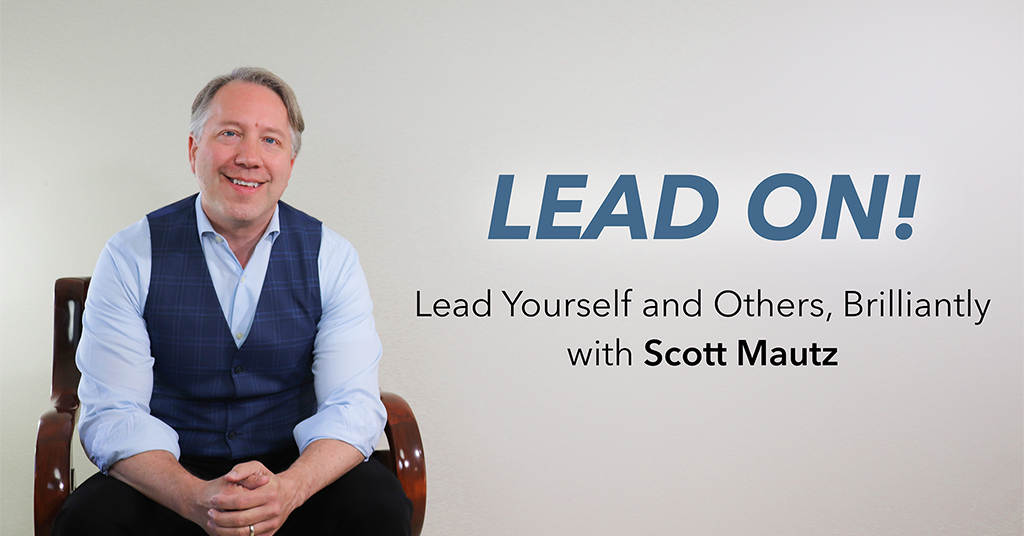
INSIGHTS (on leadership/self-leadership)
These days, if you want interview advice, it’s easy enough to google it. Do so and you’ll find zillions of entries. But you won’t find this one unusual interviewing tip, based on my decade of experience leading recruiting teams in my corporate life. The tip draws from genius poet Maya Angelou who said: “People will forget what you said, forget what you did, but they’ll never forget how you made them feel.” This is even more true in interviewing, especially when your interviewer is likely back to back grilling people like you for hours on end. And yet, we tend to focus so much on “What facts about me do I want the interviewer to retain?” The real question is, what do you want your interviewer to feel? Do you want the interviewer to feel energized? (which is good if you’re interviewing for a leadership position) Do you want them to feel your kindness (right for a public service job)? Do you want them to feel extra at ease with you? (right for a sales job). Know the feeling you want to imprint, then put intention and energy into doing just that. As an interviewer, I sat back after a batch of interviews and reflected not on what was said, which I’d get mixed up in terms of who said and did what anyway, but what I felt from each person. If they made me feel good in a certain way that pointed positively to their potential in the job I was hiring for, that person got the nod. So, what do you want the interviewer to feel?
IMPERFECTIONS (a mistake often made)
Please. Seriously. Choose explanations that empower you. So often, we default to a toxic narrative, choosing to explain circumstances we don’t like, or don’t understand, with disgust, distrust, pessimism, or self-hatred. I fall into this trap too. That thing didn’t go well because of the circumstances or surrounding context, not because you’re a loser. That person did what they did because they have a different worldview shaped by their upbringing and value systems, not because they’re idiot human beings. So much of what we experience is a choice, we can let it zap us with energy or sap our energy, based on the explanation we assign behind its occurrence. Choose the empowering explanation.
IMPLEMENTATION (one research-backed strategy, tip, or tool)
Research shows a whopping 49% of adults say that fear of failure has kept them from, not just realizing their goals, but from even revisiting their goals. Try the BRAVE acronym – 5 strategies to overcome your fear of failure.
Burn the boats. When sea-bound Greek armies landed on the shores of their enemies, the first thing they did before entering battle was to burn their boats. Suddenly, there was no turning back. You could either press forward to victory or retreat and drown in the seas of your fear. If you want to get past a fear of failure, commit to the thing you’re afraid of failing at. Just take that first step without overthinking it (burn the boats). We’re often more afraid of the anticipation that leads up to that first step than the first step itself. It quickly leads to more steps and your fear of failure begins dissipating as you’re focused on what you now need to do to succeed. Making a commitment puts your fear to work for you, as fear of failure disappears when you realize you can’t hide behind it anymore.
Revisit your standards. There’s a good chance that what you’re afraid to fall short of is a standard you’ve set for yourself that’s simply too high. I’m not saying randomly lower your standards, just to make sure that what you think is success, truly is.
Ask, “What am I really afraid of?” Is it realistic or are you catastrophizing? If what you’re really afraid of happens, is it really so bad? By the way, if what you’re really afraid is shame, that’s not good, as it’s a toxic emotion. With shame, instead of feeling bad about your actions (guilt) or your efforts (regret), you feel bad about who you are. So instead of imagining the shame you’ll feel if you fail, imagine what you’ll learn, how you’ll grow, and how you’ll have evolved from the experience.
Validate your assumptions. Or invalidate them, for that matter. In the face of uncertainty, we make assumptions. Assumptions that are most often incorrect and unhelpful. So, check the assumptions you’re making that’s fueling your fear of failure.
Examine past failures. No doubt you’ve taken risks (or had them thrust upon you), and lived to tell about it. Before imagining a failed future, recall when you grew from a “failed” past.




Leave a Reply